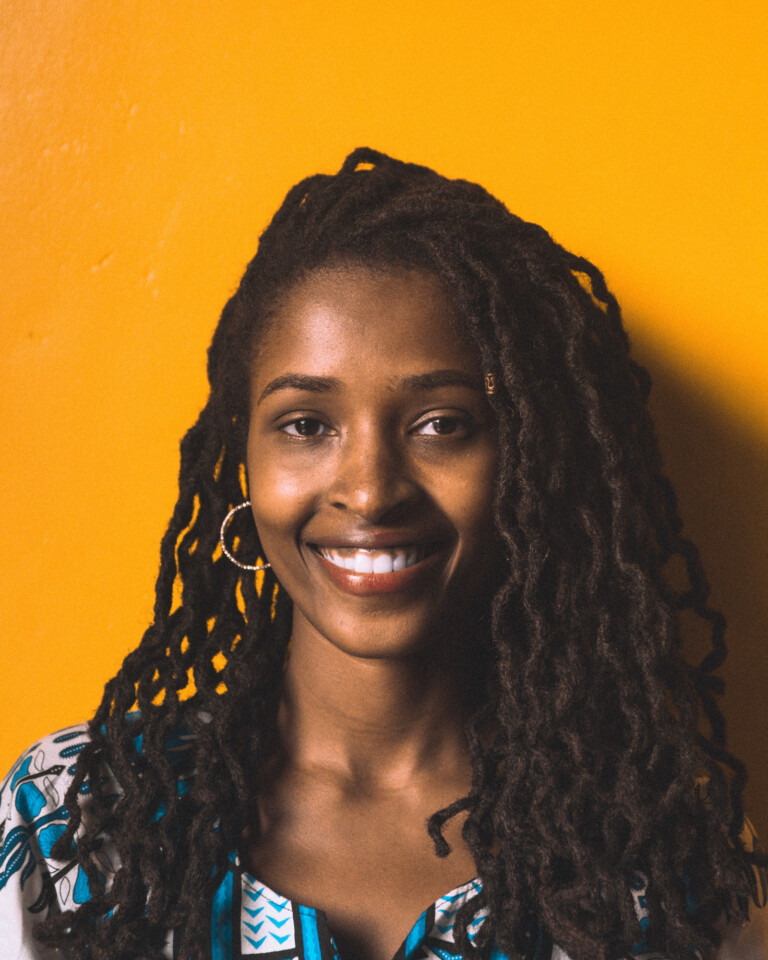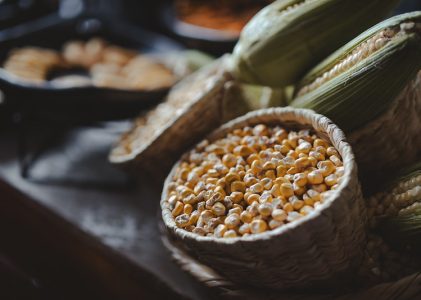
Prior to the summit, there were several conversations and events organized that were aimed at making new connections to warm up participants in advance to the summit. The intentionality of these conversations signaled that this was a space where we could ask difficult questions and create change in our ecosystem.
At the summit, most of us were forced to reflect on the ways in which we have resigned ourselves to the “busy-ness” of this work because we live in a fast-paced capitalistic world that demands our constant productivity at the expense of intentionality and space to imagine. The summit was filled with such an expansiveness that we usually do not see in large global spaces with over 700 participants from diverse cultures and identities. It was there that we had the space to connect with one another without feeling the pressure of identifying ourselves with our job titles. We interacted without limiting ourselves to boxes of our job roles or titles, but rather the true essence of who we are and how we show up in this work.
One of the “sub-buckets” within the bucket sessions on “Better Funding” called us to reconcile with the fact that the current systems of international development and funding are inherently flawed. Inherently flawed because we function within the same systems that seek to further inequality, to undermine community power and restrict self-determination. We explored how functioning within these systems also further perpetuates and transfers harm to how we interact with partners through complex reporting systems, rigid structures of accessibility and lack of trust which continue to feed into the bigger problem of power imbalance in the funding ecosystem.
One of the questions we asked ourselves was “what do we mean by better funding” in a system designed on structural inequality. We must draw from our collective experience on what “better funding” should mean; flexibility, accessibility, adaptability, trust based, sustainability, and locally driven. I was impressed by the level of honesty, transparency and vulnerability we had in the room. Blateral funders taking accountability for the harm their bureaucratic processes have caused while acknowledging the collective push from communities in the last decade that has forced even the most bureaucratic governments to start rethinking their approaches.

In this discussion, we also held so much regard for community partners working to disrupt these systems. Local partners such as UHAI EASHRI, where I work, have continued to push back against oppressive and traditional funding structures that do not recognize the agency of communities while offering flexible, accessible, and sustainable resources to structurally marginalized communities.
I left the room feeling a sense of hope. Hope that we are conscious of the systems we work in and how they have historically undermined community agency. Hope that everyone is working within their power to shift the funding narrative and practices to those which recognize and center self-determination. Hope that we will win, eventually, if we continue to organize together.
As I edit this draft that was originally started in December shortly after the summit (which I decided to shelve to go for my annual break) I remember the power of rest that resounded throughout the summit. I remember the curiosity on the faces of over 700 people. I remember the tranquility room where I once napped, and I was joined by a participant who was having her prayers. I remember how we both co-existed in that space, her in her prayers, me in my half sleep/siesta and there was a powerful message within that moment that has stayed with me ever since. That we can co-exist, in rest and in care.

